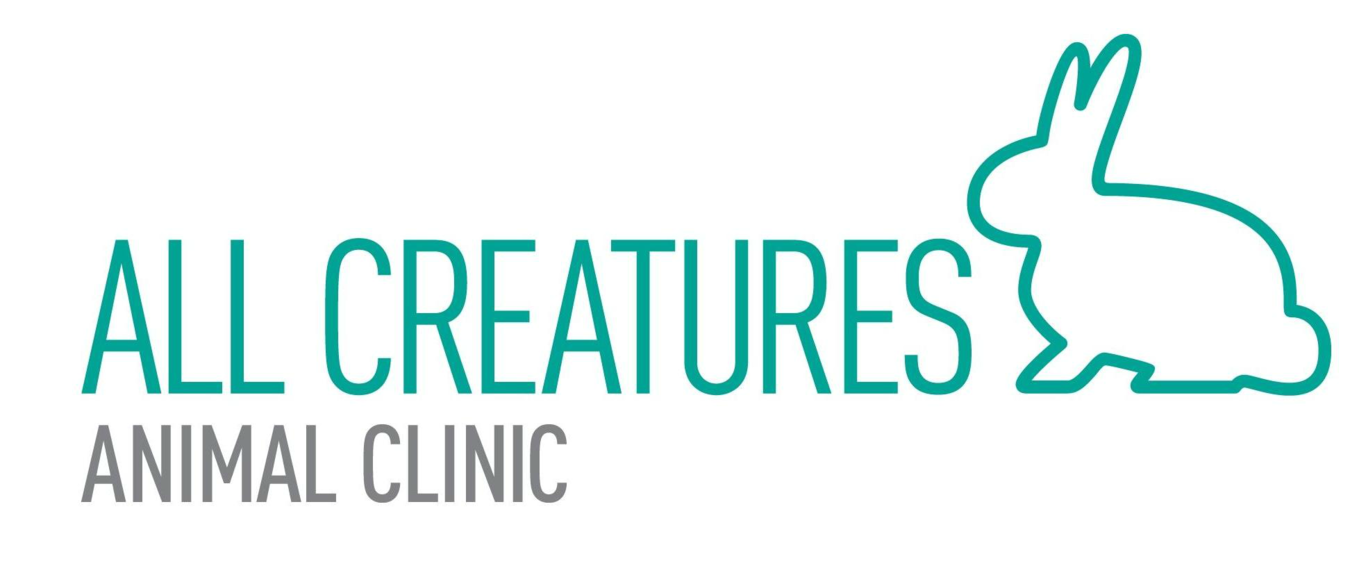CARE FOR THE ELDERLY DOG
A dog’s expected life-span depends largely on their breed. Small breeds can live to be 12-18 years old, while medium to large breeds will live to be 8-15 years old and giant breeds are expected to live 6-10 years. Geriatric-onset disease usually begin around 5-9 years of age. Detecting and managing Chronic disease early can help prolong life and diminish disease. Common diseases encountered in older dogs include kidney disease, heart disease, hypothyroidsm, dental disease, arthritis, cancers, liver disease and many others. The best way to to detect and treat diseases early is to make sure that your dog gets regular veterinary care, including blood screening tests and urine and blood pressure monitoring as necessary.
Managing arthritis in dogs is extremely important for overall quality of life. There are several ways to approach arthritis prevention and management, including diet, supplements, pain medication, therapy laser, exercises and many more.
Managing and preventing dental disease is one of the most important ways to keep your aging pet comfortable and active. Many owners report that their older pets "seem years younger" after having their chronic dental disease treated.
Many diets are marketed as “geriatric diets,” but there are no regulations guiding what a “geriatric diet” needs to include. Older dogs generally require higher protein content than younger dogs and good quality nutrition is vital to their overall health. Selecting a diet for your older do should be based on their health, body condition and lifestyle.
Caring for an older dog brings some new responsibilities for pet owners. While a young dog will encourage their owners to play and exercise, older dogs are less likely to initiate these activities. However, they are no less vital for the health and wellbeing of older dogs than they are for puppies. Mental stimulation is vital for a dog’s aging brain. Regular play and walks can very beneficial. If your dog develops mobility issues, find ways to continue to provide them with some quality outdoor time.
Provide a temperate environment. Older dogs are less able to regulate their own body temperature, So extreme hot and cold temperatures are much more stressful and unpleasant for them than for younger animals. Provide coats for them in cold weather and don’t keep them outside for prolonged times in either extreme cold or extreme heat. Make sure they always have access to fresh water in an easily accessible location.
Good grooming is very important in older pets. Pets and owners can benefit greatly from regular professional and home grooming.

